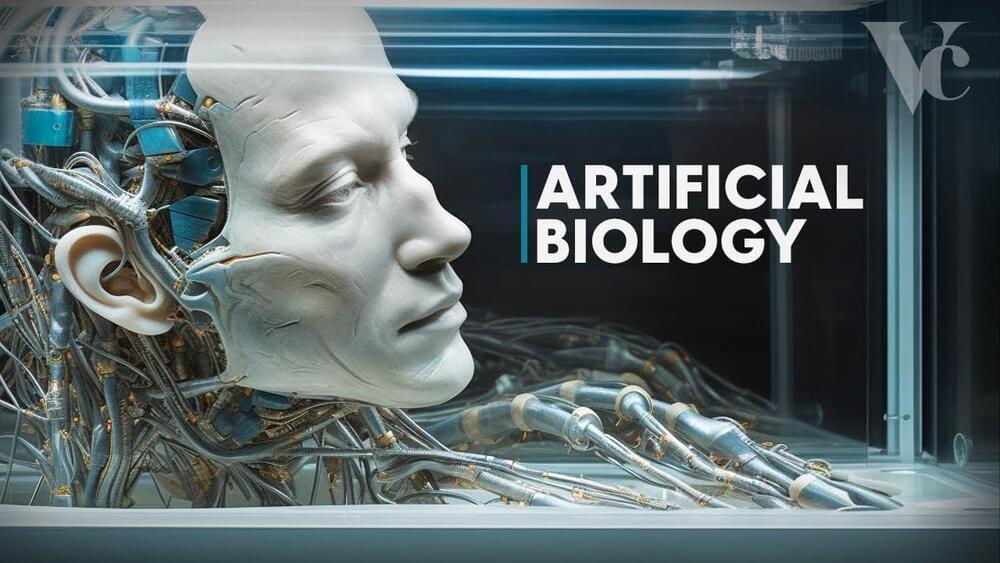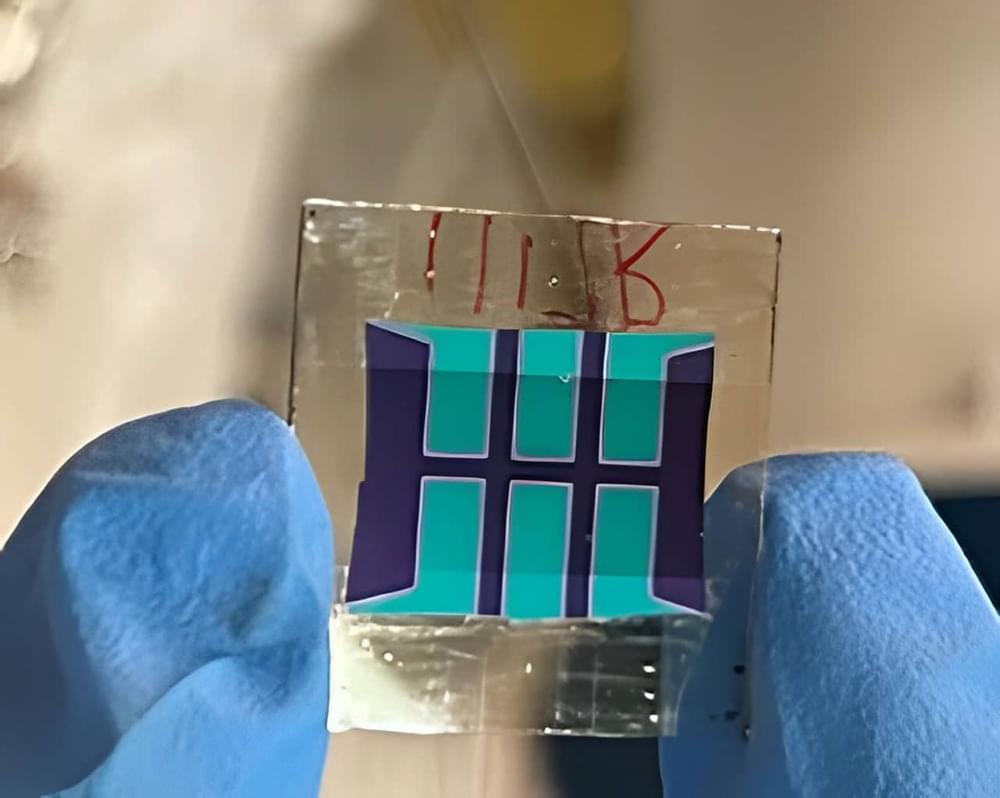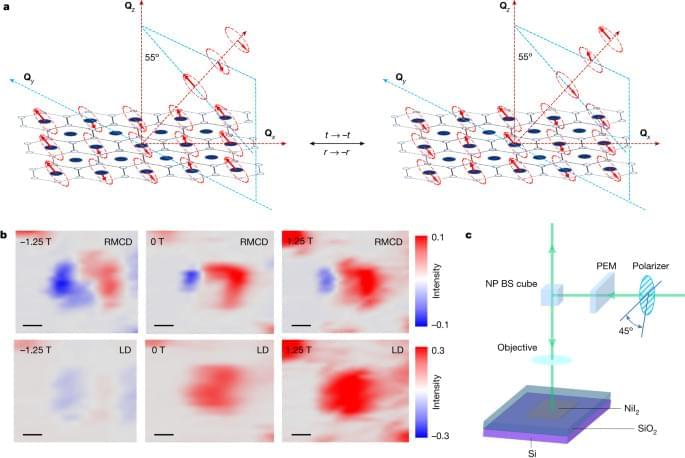Jul 22, 2023
How judges, not politicians, could dictate America’s AI rules
Posted by Gemechu Taye in category: robotics/AI
It’s becoming increasingly clear that courts, not politicians, will be the first to determine the limits on how AI is developed and used in the US.
Last week, the Federal Trade Commission opened an investigation into whether OpenAI violated consumer protection laws by scraping people’s online data to train its popular AI chatbot ChatGPT. Meanwhile, artists, authors, and the image company Getty are suing AI companies such as OpenAI, Stability AI, and Meta, alleging that they broke copyright laws by training their models on their work without providing any recognition or payment.

















